Sobekwa first came onto the scene with the publication of his breakout series, Nyaope: Everything you give me my Boss, will do, in the Mail & Guardian in 2014. Since then, he has published work that is reflective, powerfully honest, and woven with real tenderness. In 2023 Sobekwa was named the FNB Art Prize winner, making him the first documentary photographer in an impressive lineage of prize-winners since Cedric Nunn took home the inaugural award in 2011.
Off the back of this, as well as a decade into his lens-based practice, Sobekwa's solo exhibition Umkhondo: Going Deeper runs at the Johannesburg Art Gallery (JAG) until Sun, Mar 23, 2025. Through two significant and interconnected bodies of work – namely, I carry Her photo with Me and Ezilalini (The Country) – Sobekwa navigates unimaginable personal loss and grapples with his sense of belonging, particularly as it relates to place.
"Photography is a powerful tool," says the artist. "It has enabled me to share the realities of smaller, more intimate narratives that project onto the larger map that is South African history." The subject matter of his work is rarely easy, yet Sobekwa is astonishingly sensitive in his approach. One of his aims is to continue to expand the documentary photography form, finding ways to convey the multitude of stories that are nestled within a single frame. "It is not always linear, sometimes it is abstract, and sometimes I must keep following the steps to get it right," Sobekwa says of his intricate process. "That's why many of my projects take me a long time."
Celebrating his first solo with JAG, we caught up with Sobekwa to find out how he got his start in photography, what captivates him about the medium, and the themes close to his heart.
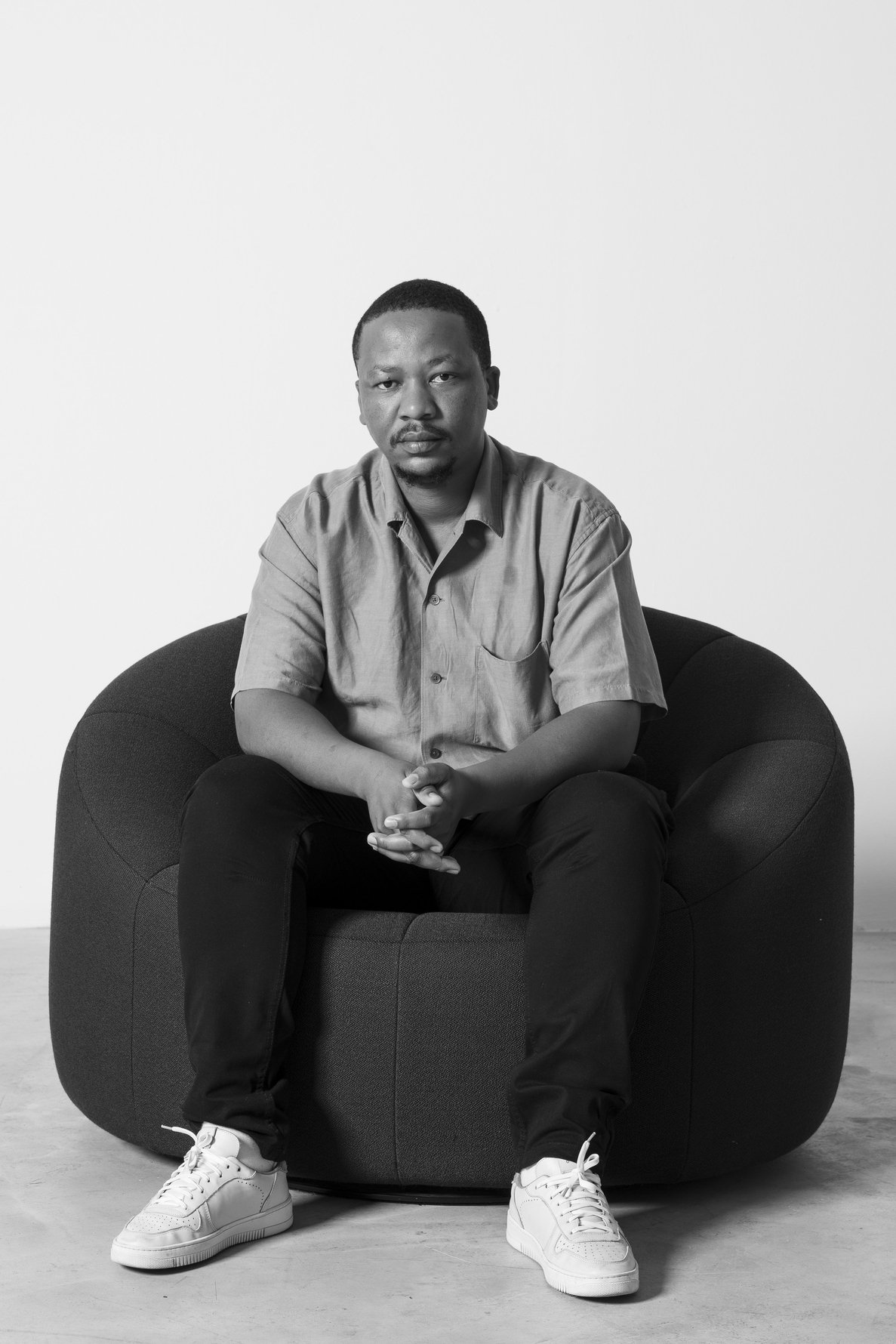
In light of your solo exhibition at JAG, what has winning the 2023 FNB Art Prize meant to you – particularly as an artist working within the photographic medium?
It means a great deal to me to be recognised like this in my own country. It also means a great deal for the photographic community, because this spotlight is for all of us.
What first made you want to pick up a camera?
I was very lucky to have found photography at a young age in high school for the first time. Holding a camera made me cool, and people started inviting me to their weddings and birthday parties. This was something that made me pocket money until I saw documentary works of the greats like Ernest Cole, Santu Mofokeng, and David Goldblatt. It was a lightbulb moment for me because I didn't know people could use photography to express themselves, and I felt that was something I needed to do. Rather than photographing functions, I need to tell stories that matter to me; hopefully, they will matter to the public too.
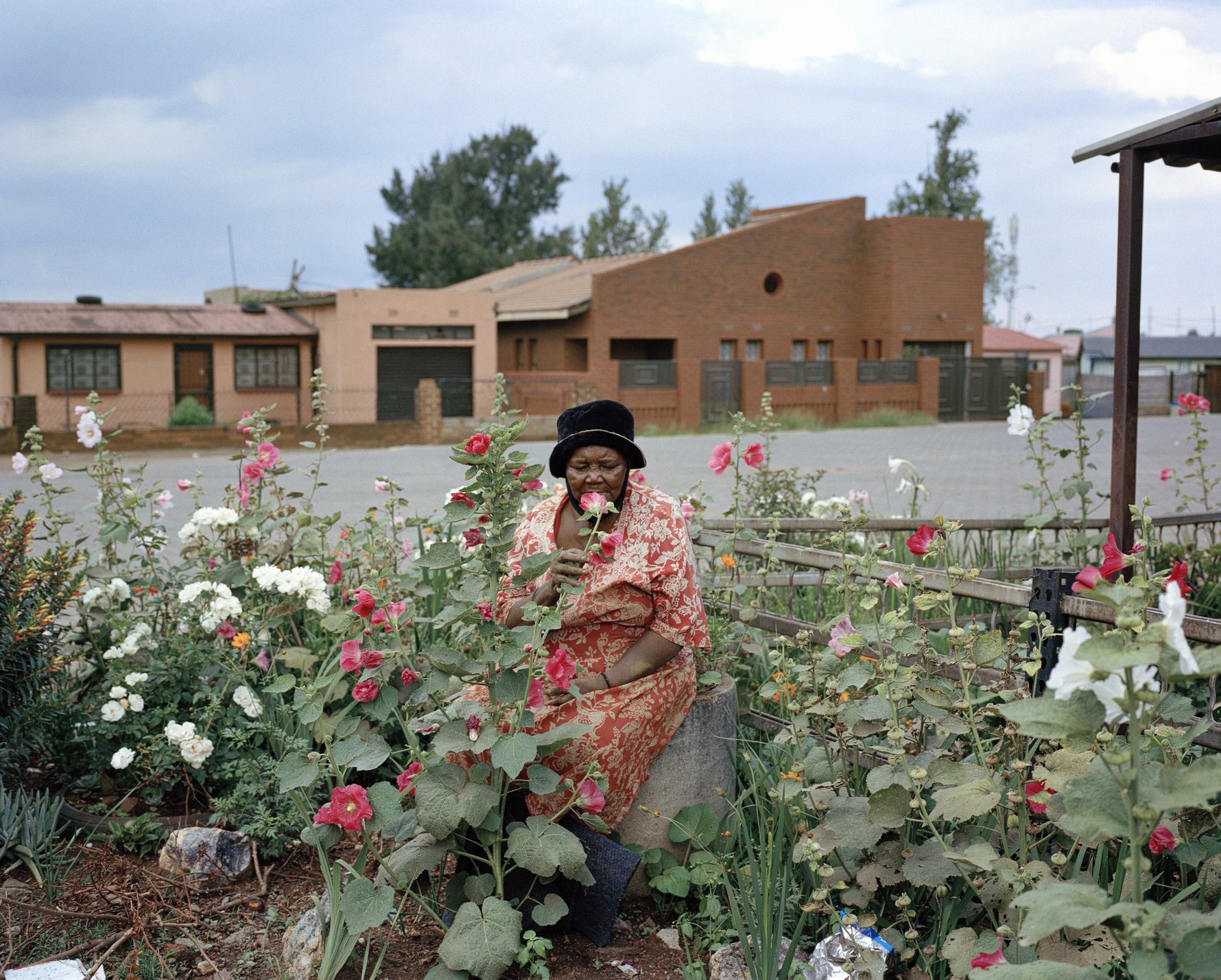
How does the medium of photography continue to draw you in since you began making pictures in 2012 to the present?
Photography continues to draw me in because of its surprises. You don't know what to expect, so you have to follow its lead rather than dictate where it should go. This dance with photography continues to draw me in.
What made you seek out the subject matter of your Nyaope series, and what did the project teach you?
Nyaope: Everything you give me my Boss, will do happened through an encounter, it was not a planned project. As a teenage boy starting photography, I always had a camera on my neck, documenting my community. I had an encounter with one of the guys who was smoking nyaope and, seeing my camera, asked if I could take a portrait of them. From taking that portrait to extending myself and getting to know the guys over some time created trust. That is how this project started.
I can say that as a 17-year-old, I did not have any plans to do this project, but rather having been influenced by a strong tradition of documentary and photojournalism practice in South Africa. I thought the project would make a big impact and change the lives of the guys I was photographing, or at least raise awareness in my community. Contrary to my expectations of photography instantly changing lives, I realised that a lot of work needs to be done for social change to be achieved.
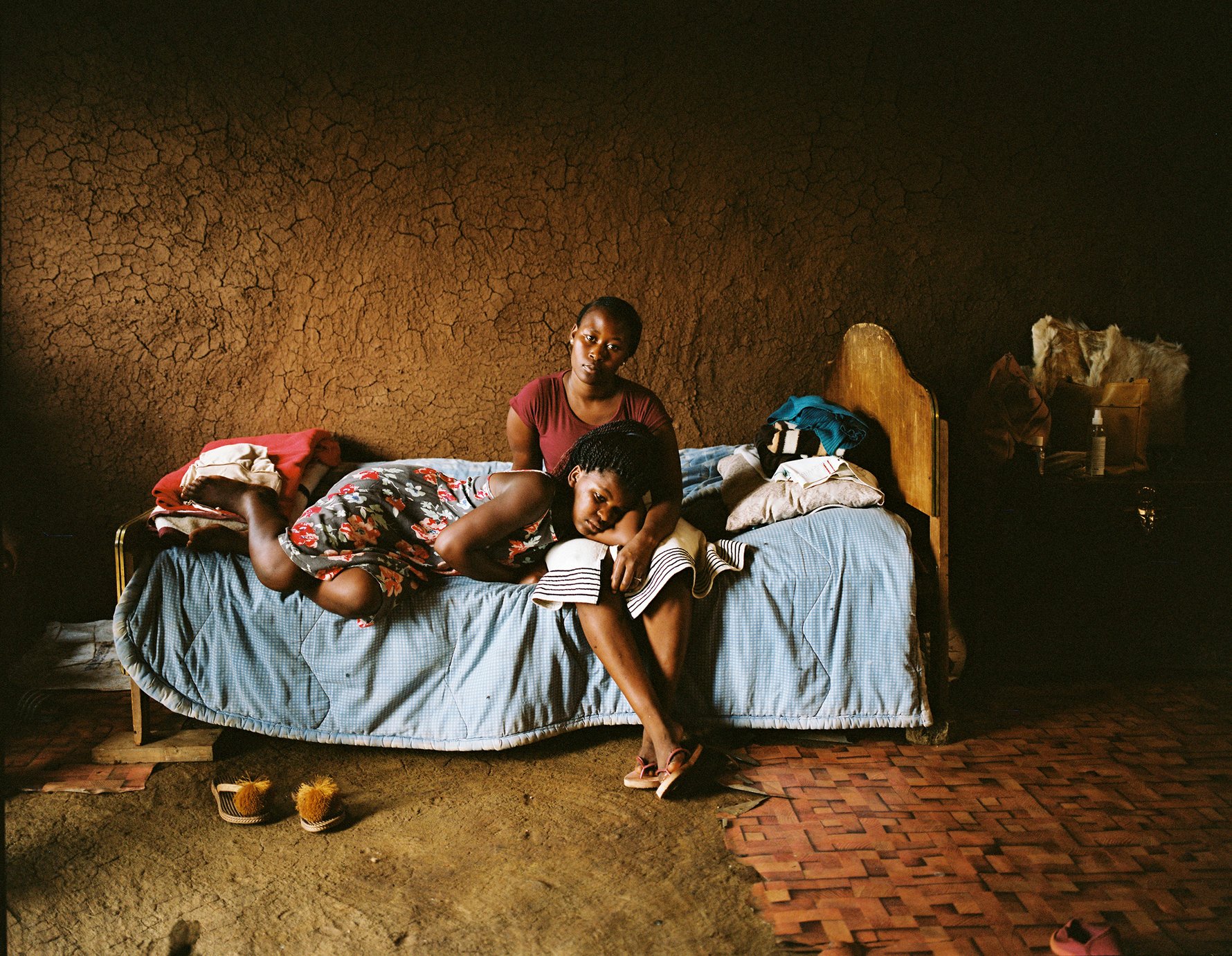
Why do you think photography is such a poignant medium to engage with your environment and community, telling stories of people and places?
Photography is a medium that is closer to reality for me, which is why it is such an important medium for engaging our community and telling our stories. If Ernest Cole or other photographers who came before us hadn't documented what was happening under apartheid, it could have been argued that it didn't happen.
Tell us about your approach to portraiture and capturing complex realities in a way that’s raw, yet sensitive and respectful.
I am a simple photographer. My approach to my work is always about spending time and developing trust with the people I photograph. I always approach every situation as myself rather than as a photographer to create a bridge with the people I photograph. I am sometimes successful in this approach, but every project teaches me something in terms of how to approach and develop it. It goes back to the dance I was talking about; it is not always linear.
"Photography is a medium that is closer to reality for me."
In what ways has your photographic practice shaped your relationship with Johannesburg and the people in it?
My photographic practice has made me know Johannesburg a bit better than I would have known it if I hadn't had a camera. Even though I was born and bred in Johannesburg, I constantly question my footing. The question of where you are from always arises in conversation, and if you say "I am from Johannesburg" the second question is "Where you are really from?", meaning where your ancestors' homeland is. Johannesburg is full of questions rather than answers, which is what I find interesting.
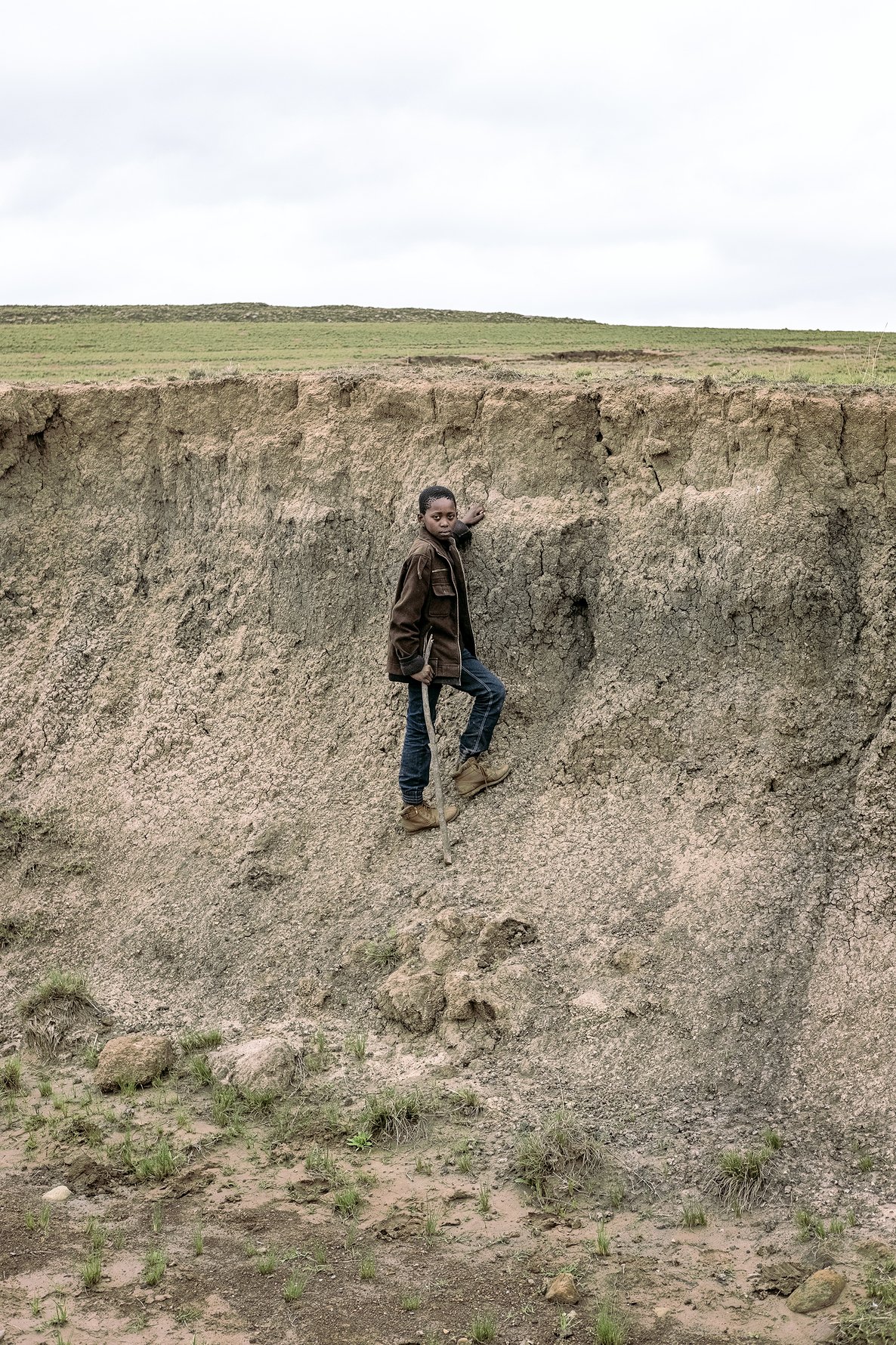
How does photography enable you to travel between worlds – from township to town and the rural countryside – in a unique way?
I don't remember who said this: "A camera is a passport to go to places you wouldn't have gone to [otherwise]." I totally agree with this, and my goal is to allow the place to teach me something unique about it, and I follow the lead. I hope the uniqueness comes from that.
Your project Ezilalini (The Country) traverses your birthplace in Katlehong to your ancestral home of Tsomo in the Eastern Cape; a place you’ve called enigmatic and challenging to navigate. Why is this?
That was because I was unfamiliar with the place yet had this deep ancestral connection with it. Through spending so much time travelling back and forth, I am slowly developing a better relationship with my ancestral landscape. Connecting with my family members, identity, and culture, and learning about my family history has been so valuable in my life. I am in a work in progress with the place.
"Johannesburg is full of questions rather than answers, which is what I find interesting."
Why was it important to you to trace your roots in this way, particularly highlighting narratives from your family history that would otherwise go untold?
Interestingly enough I am interested in oral history. A lot of my time is spent with elders from my family. I hear a lot of stories. At the time, I was in search of my belonging or my footprint, and Johannesburg on its own was not enough to give me that kind of footing, so I needed to go back to my ancestral land. When I started going there I wanted to metaphorically respond to or photograph that oral history as a way to archive it, and as a means of time-keeping.
Shown alongside, the heart of your exhibition at JAG is a project you’ve been working on since 2017, I carry Her photo with Me – a series born out of profound absence and personal loss. How has commemorating the disappearance and eventual passing of your sister, Ziyanda, in this way helped you to process, integrate, and perhaps even heal from these events?
The project has allowed me to start talking about the memory of my sister and her disappearance and the things that were happening around me at the time. It is an autobiography of loss, tracing, memory, healing, and finding myself. Photography was a conversation starter for these things, but much work is required beyond photography. I don't think we ever heal from losing our loved ones. It's a work in progress.
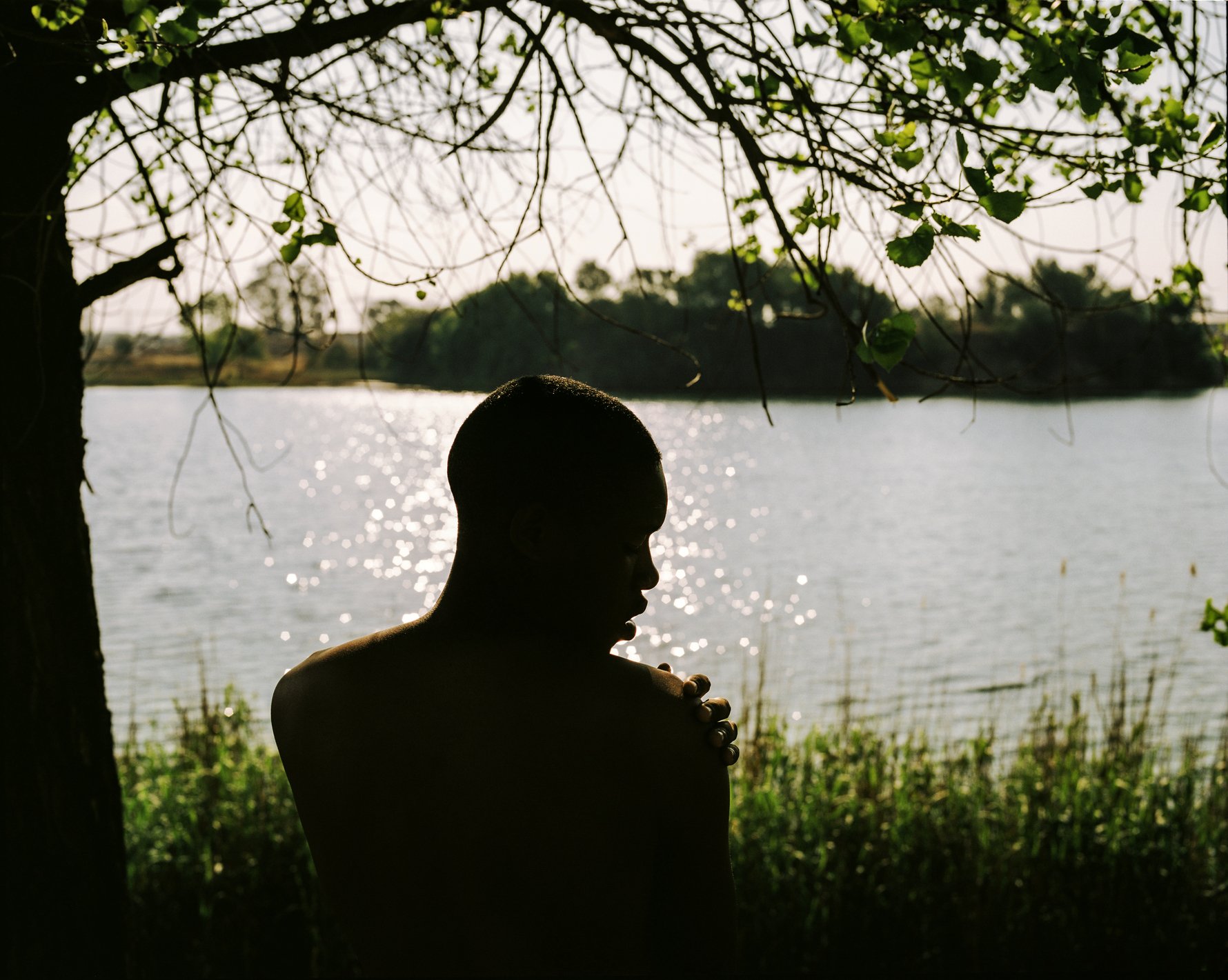
What is the most challenging aspect of the work you do?
Making images is not a challenge, but inward-looking and sequencing the work to tell stories is the most challenging part of photography for me.
And what, on the other hand, is the most rewarding?
The most rewarding thing is doing what I love, telling stories using photography. My dance with photography has been so rewarding for me.
See Lindokuhle Sobekwa's solo at JAG, Umkhondo: Going Deeper, until Sun, Mar 23, 2025.


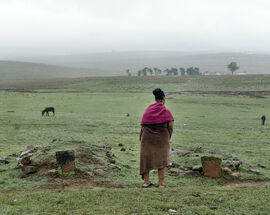
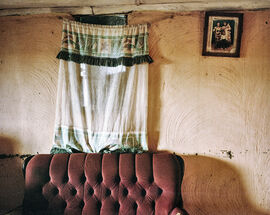
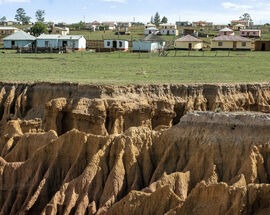


Comments